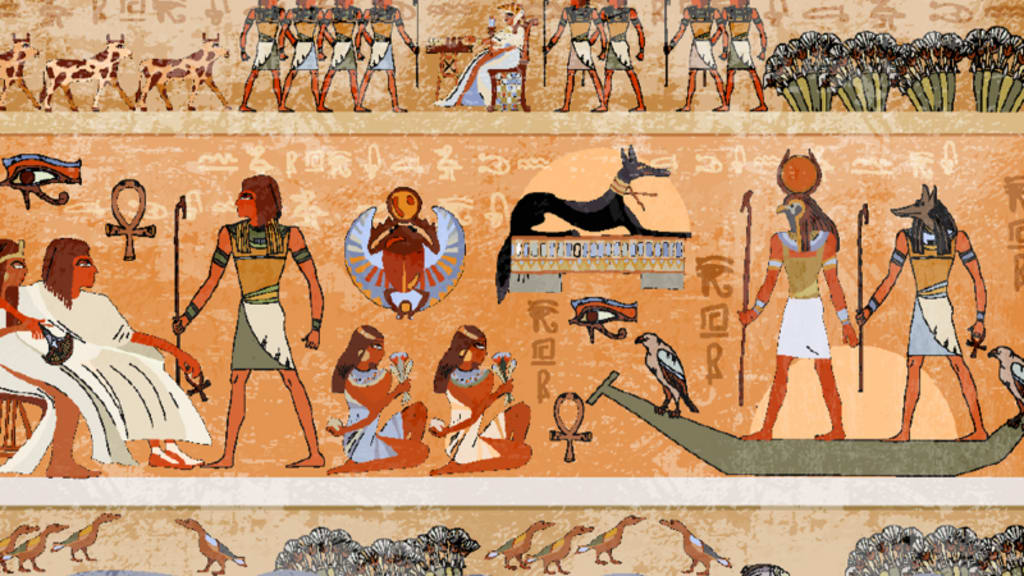
Introduction
Mesopotamian Civilization
a. Geography and Environment
b. Social Structure
c. Achievements and Contributions
Egyptian Civilization
a. Geography and Environment
b. Social Structure
c. Achievements and Contributions
Indus Valley Civilization
a. Geography and Environment
b. Social Structure
c. Achievements and Contributions
Chinese Civilization
a. Geography and Environment
b. Social Structure
c. Achievements and Contributions
Greek Civilization
a. Geography and Environment
b. Social Structure
c. Achievements and Contributions
Roman Civilization
a. Geography and Environment
b. Social Structure
c. Achievements and Contributions
Mayan Civilization
a. Geography and Environment
b. Social Structure
c. Achievements and Contributions
Introduction
Ancient civilizations have always been a source of fascination for humans. The complex societies that arose before the modern era have shaped human history and contributed to the world we know today. From the Nile to the Tigris and Euphrates, from the Yangtze to the Mediterranean, ancient civilizations emerged and thrived, leaving behind an enduring legacy.
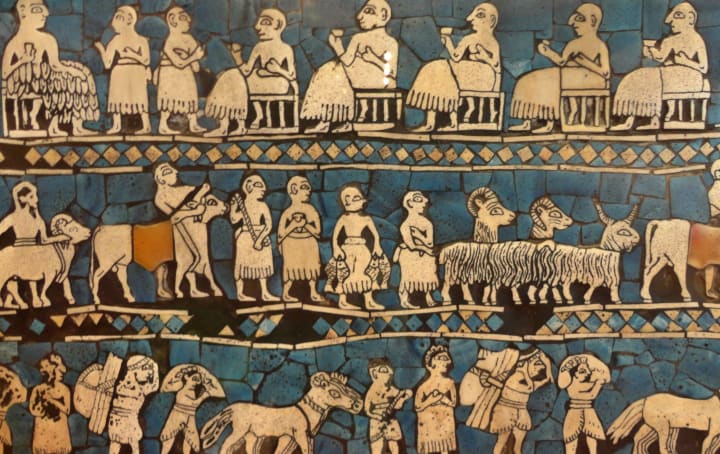
Mesopotamian Civilization
Mesopotamia, the land between the Tigris and Euphrates rivers, was the site of one of the world's earliest civilizations. The Mesopotamian civilization, also known as the Sumerian civilization, emerged around 4000 BC. It was an urban civilization that had a complex social structure, with a ruling class, a priestly class, and commoners. Mesopotamians were known for their innovations in agriculture, writing, and mathematics. They invented the wheel, the plough, and irrigation systems, and developed the first known writing system, cuneiform.
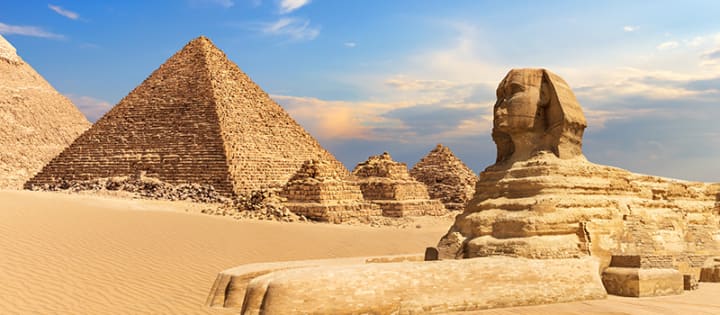
Egyptian Civilization
The Egyptian civilization emerged around 3000 BC in the fertile Nile Valley. The Nile River provided a stable source of water and fertile soil that allowed the Egyptians to develop a complex society. The Egyptians were ruled by pharaohs who were considered divine. They built impressive monuments like the pyramids, developed a system of hieroglyphic writing, and made significant advancements in medicine and astronomy.
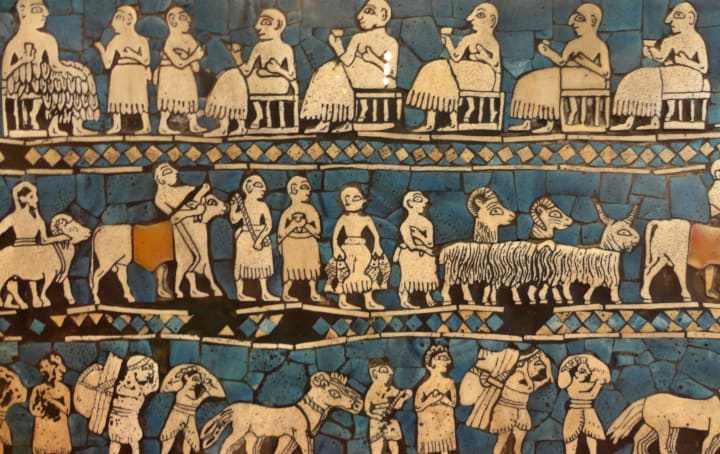
Indus Valley Civilization
The Indus Valley Civilization, also known as the Harappan Civilization, emerged around 2600 BC in what is now modern-day Pakistan and India. It was a highly sophisticated urban civilization with well-planned cities and a complex social structure. The Indus Valley people were known for their skills in metallurgy, pottery, and textile production. They also developed a system of writing that is yet to be fully deciphered.
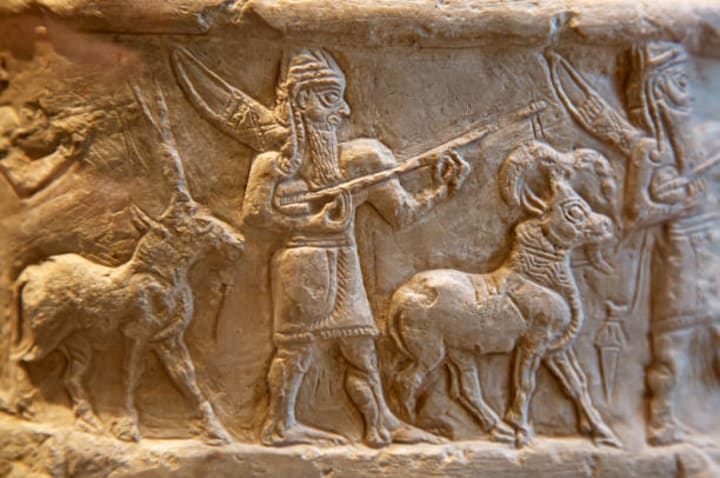
Chinese Civilization
The Chinese civilization, one of the oldest in the world, emerged around 1600 BC in the fertile Yellow River Valley. The Chinese developed a highly organized society with a rigid social hierarchy. They made significant contributions to science and technology, including the invention of paper, gunpowder, and the compass. The Chinese also developed a complex system of writing that is still in use today.

Greek Civilization
The Greek civilization emerged around 800 BC in the Aegean region. The Greeks developed a unique culture that had a profound influence on Western civilization. They were known for their philosophy, art, and architecture. Greek thinkers like Aristotle, Plato, and Socrates laid the foundations of Western philosophy. The Greeks also made significant contributions to science, mathematics, and astronomy.
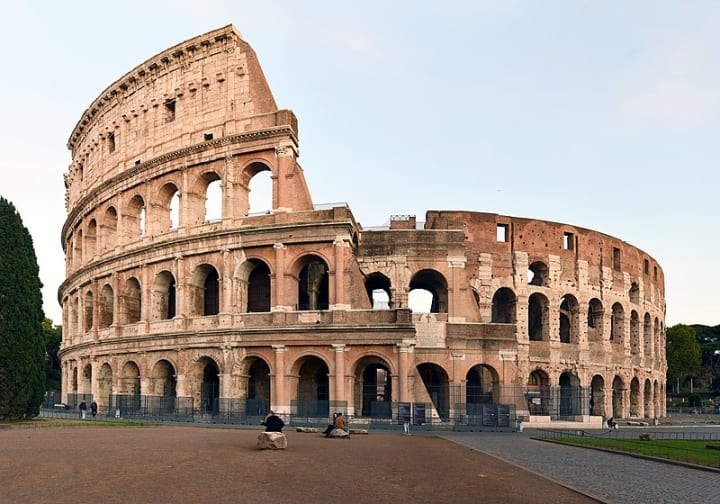
Roman Civilization
The Roman civilization emerged around 753 BC in central Italy. It was a highly organized society that was renowned for its military prowess, legal system, and engineering feats. The Romans built an extensive network of roads and aqueducts, and their engineering achievements include the Colosseum, the Pantheon, and the aqueducts that supplied Rome with water. The Roman Republic and later the Roman Empire had a complex social structure with emperors, senators, and plebeians. The Romans made significant contributions to the development of law, language, and governance, and their influence can still be seen today in modern legal systems and languages.
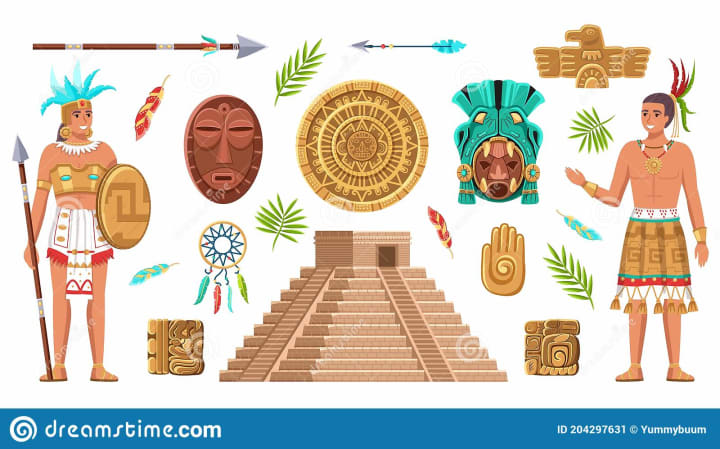
Mayan Civilization
The Mayan civilization emerged around 2600 BC in what is now Central America, and it is known for its impressive architecture, art, and sophisticated system of writing. The Mayans developed a complex calendar system, which allowed them to accurately predict astronomical events. They were also skilled in agriculture, mathematics, and metallurgy. The Mayans had a hierarchical social structure with kings, priests, and commoners. They built impressive pyramids, temples, and palaces, and their cities were known for their elaborate artwork and intricate carvings.
Conclusion
Ancient civilizations played a significant role in shaping human history and contributed to the world we know today. They developed complex societies, made significant advancements in science and technology, and left behind an enduring legacy. The Mesopotamians, Egyptians, Indus Valley people, Chinese, Greeks, Romans, and Mayans are just some of the ancient civilizations that have influenced the world we live in today.
FAQs
Q: What is an ancient civilization?
A: An ancient civilization is a society that emerged and thrived before the modern era, typically between 4000 BC and 500 AD.
Q: What are some of the achievements of ancient civilizations?
A: Ancient civilizations made significant advancements in science, technology, art, and architecture. They developed complex social structures, systems of writing, and legal systems.
Q: What is the significance of ancient civilizations today?
A: Ancient civilizations continue to influence modern society in many ways, including through their contributions to science, art, and culture.
Q: What are some examples of ancient civilizations?
A: Some examples of ancient civilizations include the Mesopotamians, Egyptians, Indus Valley people, Chinese, Greeks, Romans, and Mayans.
Q: What was the most significant contribution of ancient civilizations?
A: It is difficult to determine the most significant contribution of ancient civilizations as they all made important advancements in various fields. However, the development of writing systems and legal systems had a profound impact on human history.
About the Creator
Navanithe
I am an enthusiastic, self-motivated, reliable, responsible, and hard-working person. I am a mature team worker and am adaptable to all challenging situations. I am able to work well both in a team environment and on my own initiative.


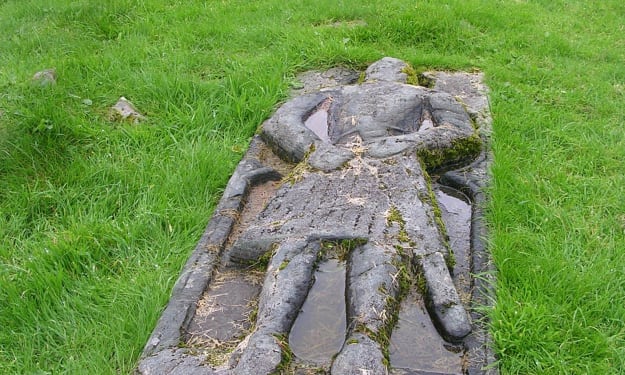



Comments (1)
nice